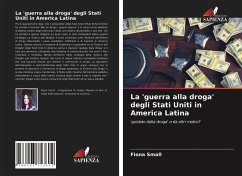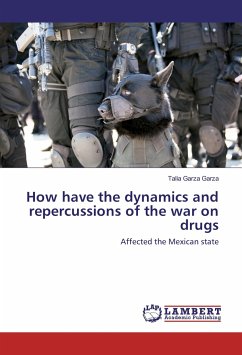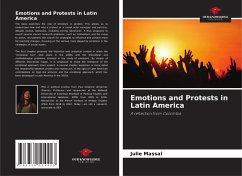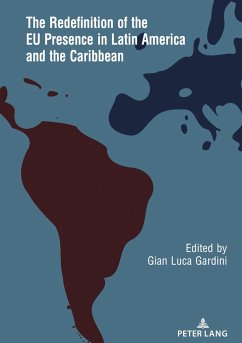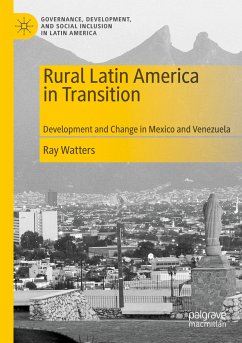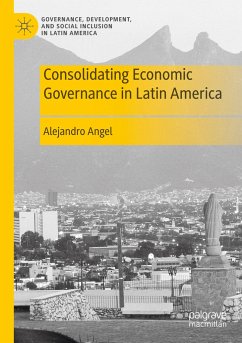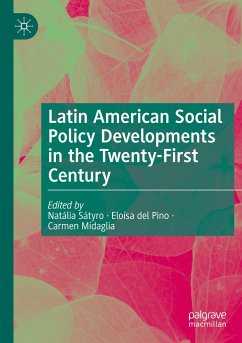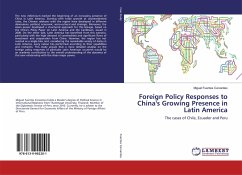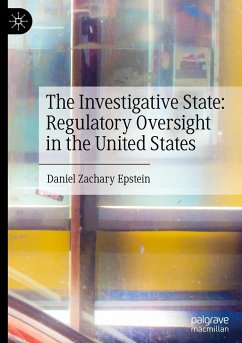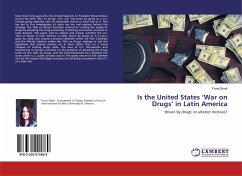
Is the United States 'War on Drugs' in Latin America
'driven by drugs' or ulterior motives?
Versandkostenfrei!
Versandfertig in 6-10 Tagen
27,99 €
inkl. MwSt.

PAYBACK Punkte
14 °P sammeln!
More than forty years after the United States (U.S.) President Richard Nixon coined the term 'War on Drugs', this 'war' has been on-going as a U.S. foreign policy objective with no discernible victory or even end to it. This has led to this investigation of what are the real motives behind this strategy. The 'War on Drugs' has been centred on curbing the supply of drugs by attacking the drug producing, trafficking and transit countries in Latin America. This paper aims to explore and answer whether the U.S. 'War on Drugs' in Latin America is really 'driven by drugs' or is it just a guise by us...
More than forty years after the United States (U.S.) President Richard Nixon coined the term 'War on Drugs', this 'war' has been on-going as a U.S. foreign policy objective with no discernible victory or even end to it. This has led to this investigation of what are the real motives behind this strategy. The 'War on Drugs' has been centred on curbing the supply of drugs by attacking the drug producing, trafficking and transit countries in Latin America. This paper aims to explore and answer whether the U.S. 'War on Drugs' in Latin America is really 'driven by drugs' or is it just a guise by using two counter-narcotics initiatives which are Plan Colombia and the Mérida Initiative within the 'War on Drugs' strategy to test the hypothesis that ulterior motives are in force rather than on a moral compass of curbing drugs trade. The issue of U.S. intervention and interference in foreign countries on the pretence of attacking the drugs trade via the 'War on Drugs' and the aforementioned two initiatives has come under U.S. public scrutiny due to the costly nature of the schemes and for the reason that illegal narcotics are still being consumed in the U.S. at a high rate.



